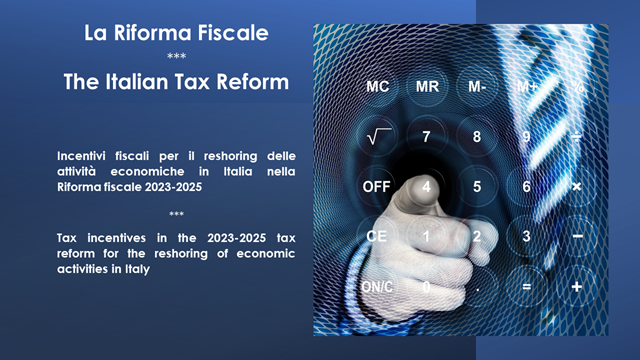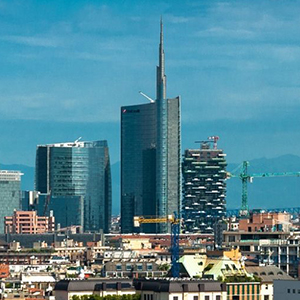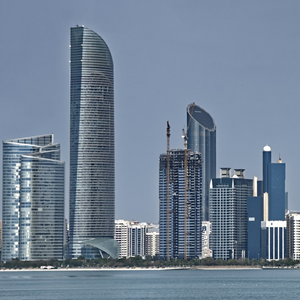

With the reshoring tax incentive, the legislator intends to promote the carrying out of economic activities in the territory of the State, through a tax incentive consisting in the detaxation equal to 50% of the taxable income for non-EU and non-EEA companies that transfer their economic activities to Italy. Only activities that have not already been carried out on Italian territory in the 24 months preceding their transfer can benefit from the favourable regime.
The advantage applies during the tax period in progress at the time of the transfer of the economic activities to Italy and for the following 5 tax periods. The benefit will cease to apply if, during the period of entitlement to the relief or in the five tax periods thereafter, the beneficiary transfers, even partially, the assets to a non-EU or EEA country. In such a case, a recapture system is provided for the taxes not paid by the taxpayer during the preferential tax regime.
In order to obtain the tax incentive, the beneficiary is required to maintain separate accounting records suitable to allow for the verification of the portion of the income and the value of the net production eligible for the tax incentive.
If confirmed when the legislative decree is issued, the “reshoring” mechanism will apply starting from the tax period following the one in progress at the date of the decree’s approval.
The ‘reshoring’ discipline certainly constitutes an attractive incentive for companies wishing to relocate in the territory of the State and therefore an excellent system for the attraction in Italy of the relative income.
At the same time, however, there are numerous doubts that will have to be clarified during the implementation of the discipline. First and foremost: the subjective scope of application of the facilitation. The question arises as to whether the ‘economic activities’ included in the scope of the discipline can reasonably also include holding companies, whether static or dynamic.
It is also unclear whether only the economic activities of a pre-existing ‘transferred’ company can benefit from the relief, or whether it is possible to set up a company ex novo in the territory of the State. Finally, doubts may exist with respect to the transfer of foreign companies’ headquarters to Italy with production sites in the country of origin that maintain a permanent establishment there.
Our Firm’s corporate team will continue to monitor future developments in the discipline, remaining at the disposal of those interested in obtaining further information and specific insights.








